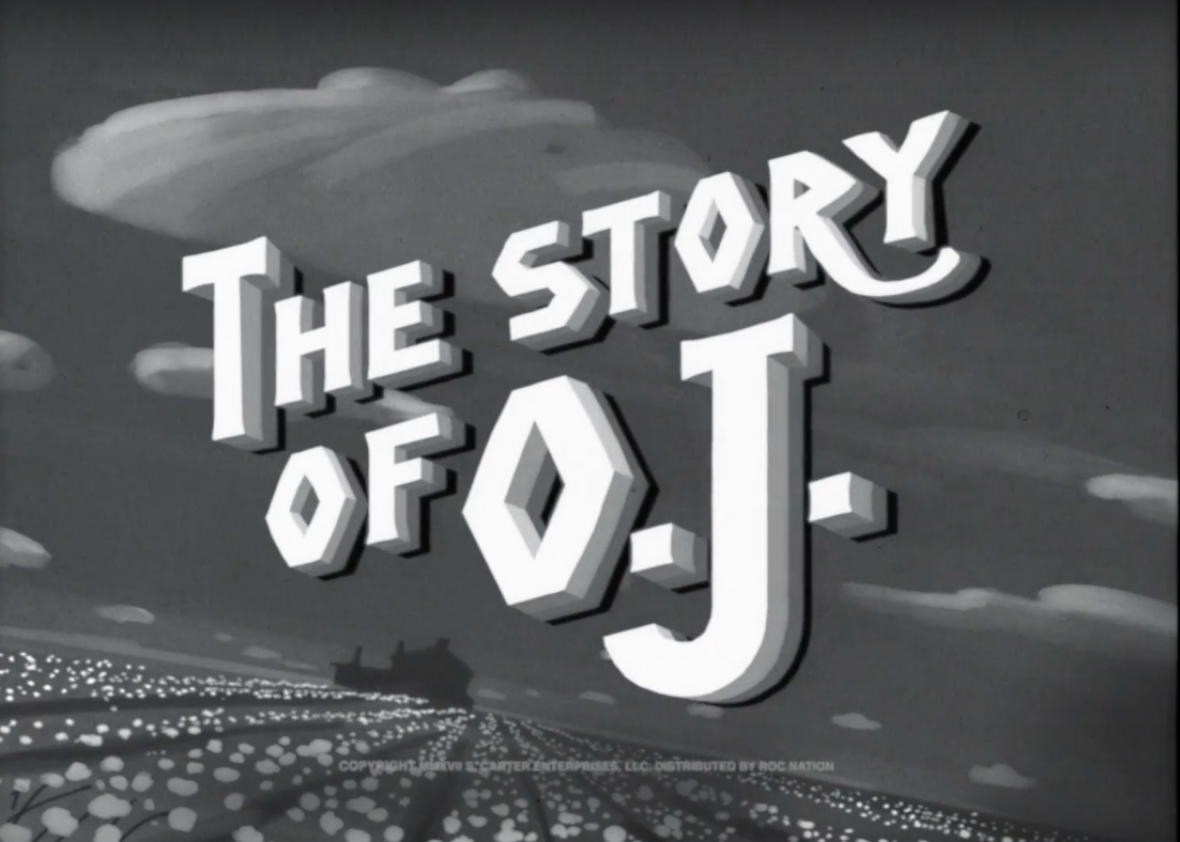The track on Jay-Z’s newest album, 4:44, that seems to be getting the most buzz is “The Story of O.J.,” Last Friday, soon after the album dropped, Jay released a music video for the song and, on Tuesday, Jay released “Footnotes for ‘The Story of O.J.,’ ” which featured black celebrities like Chris Rock, Will Smith, Michael B. Jordan, and Mahershala Ali talking about racism in America.
However, along with the buzz surrounding “The Story of O.J.” is the backlash over a line in the track that many have called anti-Semitic, where Jay raps, “You wanna know what’s more important than throwin away money at a strip club? Credit/ You ever wonder why Jewish people own all the property in America? This how they did it.”
Speaking to Rolling Stone, an unidentified epresentative for the Anti-Defamation League gave a nuanced statement in response. The ADL rep said that members of its team “do not believe it was Jay Z’s intent to promote anti-Semitism” but went on to point out that while Jay has been known to use his status to combat racism, his “Story of O.J.” lyric plays on entrenched anti-Semitic stereotypes about Jews and money and could be misused to “feed into preconceived notions about Jews and alleged Jewish ‘control’ of the banks and finance.”
The adds to the public debate that has surrounded the lyric over the past week. On Monday, Guy Oseary, a prominent Israeli music manager for Madonna and U2, took to Instagram to give his take on the controversy, calling for people accusing Jay of anti-Semitism to critique the lyrics in the context of the song.
[I]f you listen to the song in its entirety you will hear that the whole of the song is based on exaggerated stereotypes to make a point. There are African American stereotypes throughout the song … Jay knows this. But he’s attempting to use the Jewish people in an exaggerated way to showcase a community of people that are thought to have made wise business decisions. As an example of what is possible and achievable.
These statements from the ADL and Oseary add a dose of nuanced critique to the public debate, which is how we should expect conversations about art to play out. Art, especially hip-hop, is populated by people dealing in characters, exaggerations, and controversy. The implications of these things should be discussed, especially for a song as culturally relevant as “The Story of O.J.”
